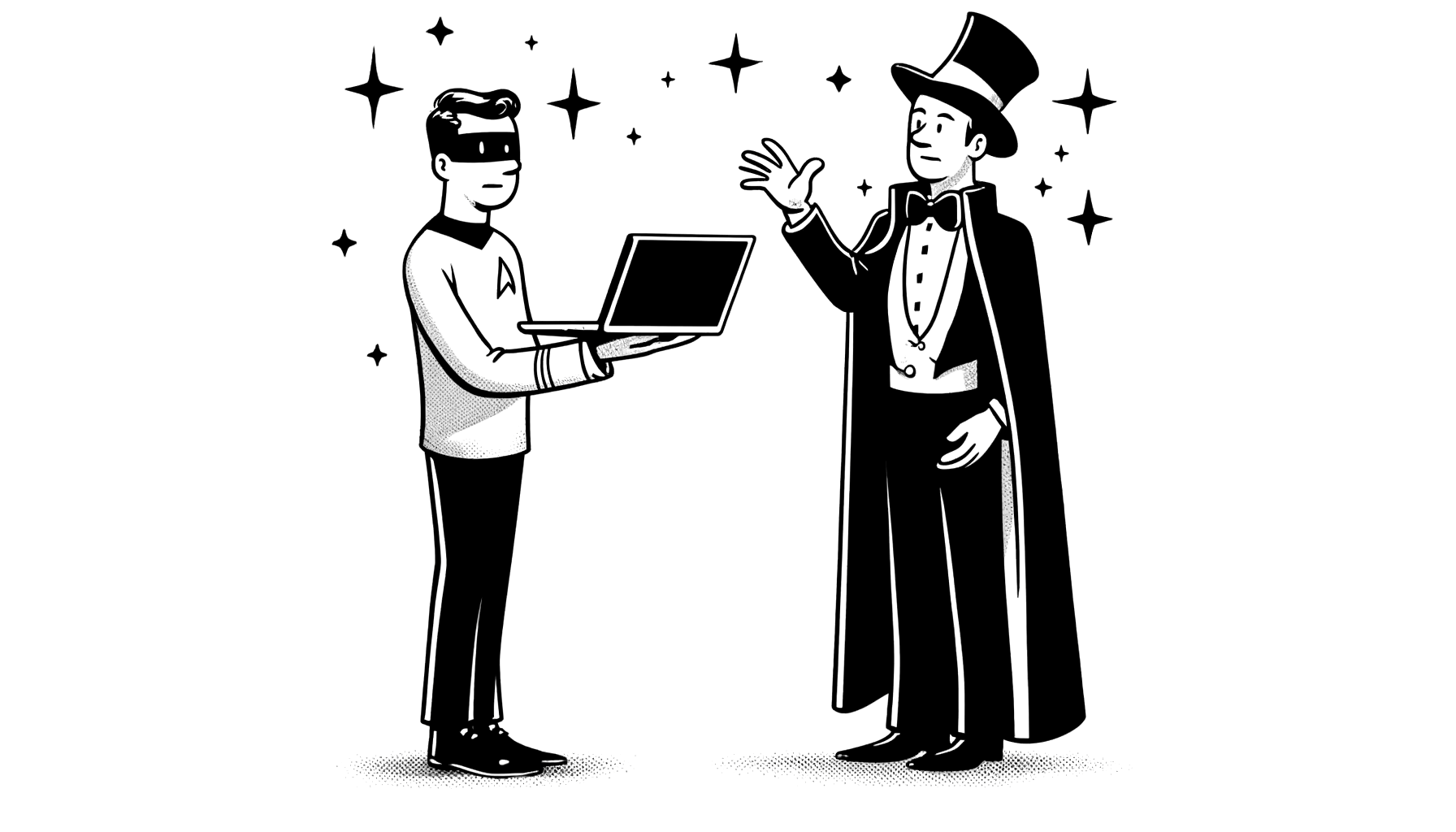The Evolution of Development: From Codes to Convos

I wrote this note to inspire my colleagues to watch and reflect on the OpenAI DevDay opening keynote.
OpenAI just redefined the term developer. Earlier, this was referred to people who had skills in computer languages like javascript, python, c, etc.
Now, you can program in a natural language, initially from English to any language on earth. It makes commanding machines more accessible.
Imagine you don't have a filter to narrow down flights that depart at a specific time range to arrive at a particular time range. You can type in English to narrow down that flight, or a command like "continue based on past preferences" will skip a lot of steps like seat selection, food, blah blah blah to "Your flight booking ID ..." (If you are a frontend developer, this might be scary)
Our workflows are being redefined, and some skills will be less employable. However, it will expand the possibilities of what we can do as humans. Since I have worked across disciplines like engineering, design, marketing and partnerships, I can think from different angles to give you some glimpses of the future.
Engineers
- We are moving from hard-coded UI/UX to conversational interfaces. The Wanderlust demo in the keynote is a great example.
- A lot of frontend work is going to change; designers are going to take your job. But conversational interfaces will bring new problems, and the cost of the problems and your skills at solving them will determine your employability.
- Backend engineers must write (or generate) APIs that adapt to the frontend disruption.
- Compared to frontend developers, backend engineers are more likely to be safe because natural language is highly vulnerable to prompt injections. Here's an educational game to explain why natural language is a weak programming language.
- Prompt injections open a new field of security itself.
Designers
- Product design is getting redefined; it will first affect products like Instagram, Airbnb, and Slack, then enterprises and the public sector.
- You folks have great leverage; your area of work is expanding to eat the jobs of frontend developers.
- Your work will move from static Figma prototypes to semi-functional ones. So you are no longer limited by not having coding skills.
- You might move from developing UI/UX from a generalised single persona to tailoring the interface automatically, depending on which persona is visiting your product.
Marketing or Educators
- Static text, visuals and videos will become old. People will move to new forms of content where they can be active participants.
- You will be creating words that can transform and adapt to the user. Before someone reads an article, they will give their persona, and the content matches their readability; for a beginner, it would be more explicit and long and for an expert, it is more implicit and short.
Customer Success
- You guys will play a pivotal role in defining the product's roadmap, and your abstract thinking skills will make you stand out.
- For example, say your company is providing tech for BFSI, healthcare and government. Instead of saying we need a feature for processing damage from insurance claim incident photos, you will instead generalise and ask for an AI image processing feature that can be used for a wide variety of use cases (scanning/validating identity documents, helping users with handwritten medical prescriptions, etc.)
Sales
- You guys are already aware of the problem space, and now everyone has AI in their product. But your prospects need concrete use cases. To come up with USPs you crave, here's the chance: dig deeper into the keynote, and you will find them.
Here's the keynote, watch, reflect and share your ideas.

